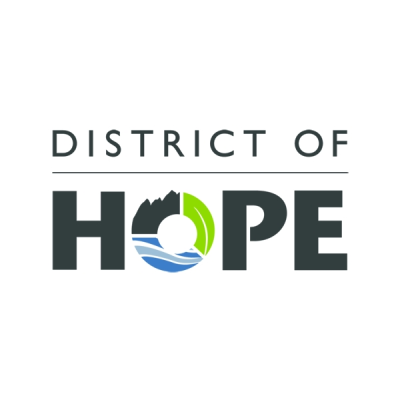Ottawa – Many Canadians are now able to determine which calls can be trusted thanks to a new technology ( from the CRTC) aimed at combating spoofed calls named STIR/SHAKEN*. Caller ID spoofing is frequently used in nuisance and fraudulent calls to mask the identity of the caller.
You know the recent ones… “Canada Border Services or Revenue Canada and they have a warrant for your arrest….”
As of November 30, telecommunications service providers will certify whether a caller’s identity can be trusted by verifying the caller ID information for Internet Protocol-based voice calls. This new technology will help reduce the frequency and impact of caller ID spoofing. As service providers continue to upgrade their IP networks and offer compatible phones to their customers, more and more Canadians will be able to see the effects of STIR/SHAKEN.
Over the last several years, the CRTC has pursued a comprehensive strategy to combat nuisance and unsolicited calls. In addition to requiring STIR/SHAKEN, the CRTC has:
- Encouraged service providers to offer their customers call-filtering services that provide advanced call-management features;
- Asked providers to block certain types of calls within their networks;
- Approved a trial of a new call-blocking measure using artificial intelligence developed by Bell Canada. Between July 2020 and October 2021, more than 1.1 billion calls were blocked before reaching Bell’s subscribers.
The CRTC is also working with the industry to develop a process to trace nuisance calls back to their points of origin.
*STIR [Secure Telephony Identity Revisited]/SHAKEN [Signature-based Handling of Asserted information using toKENs]
BUT …….
- Not all calls will be verifiable due to device and network compatibility requirements, including calls that are not entirely performed over an IP-voice network.
- How Canadians are informed of the call status on their screens may vary from one provider to another.
- Caller ID spoofing occurs when callers hide or misrepresent their identity by displaying fictitious or altered phone numbers when making calls.
- Canadians should never provide personal information (such as banking information or Social Insurance Numbers) over the phone without first verifying whether the request is legitimate.
- There may be legitimate reasons to modify caller ID information. For instance, police services or domestic abuse shelters can use spoofing to hide the origin of the call.
- The Commission is currently considering an application to suspend the application of STIR/SHAKEN solely to 9-1-1 calls due to issues that could affect the operation of these calls.






